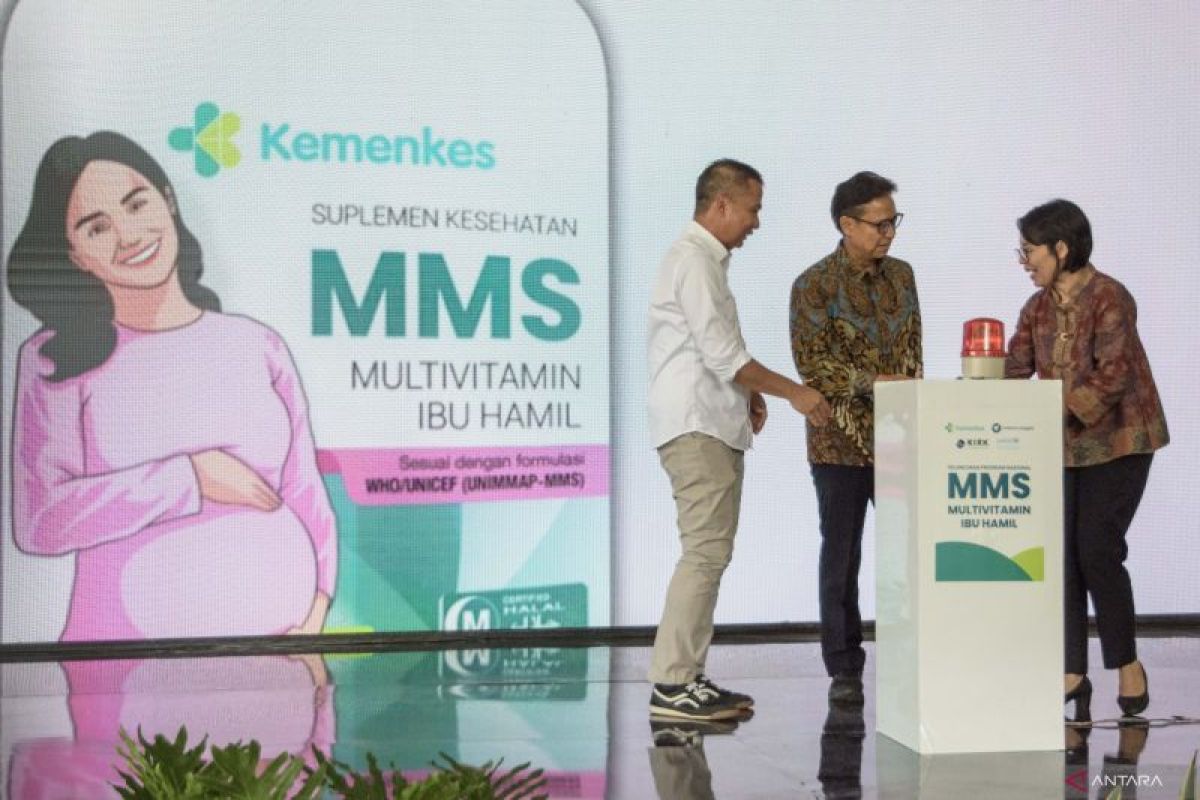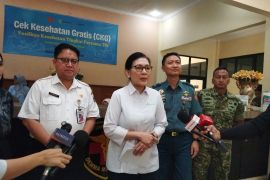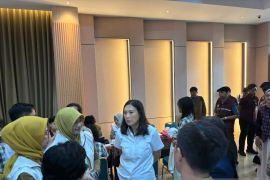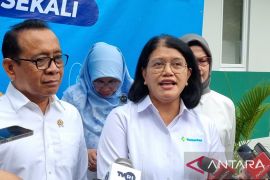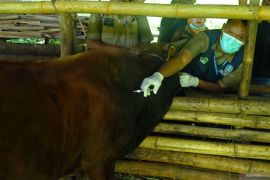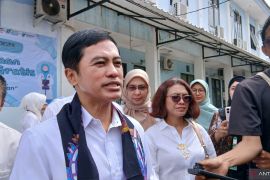"Diseases ailing pregnant women and kids are (related to) nutritional issues, meaning that their nutrition is very much lacking. I read that of 4.9 million pregnant women, 27 percent got anemia. That is a high number," Health Minister Budi Gunadi Sadikin said in a statement here on Friday.
The minister pointed out that the condition had become a cause for concern for the ministry and nutritionists globally, so Multi Micronutrient Supplementation (MMS) was recommended to fulfill the nutritional needs.
Sadikin noted that such a recommendation has been part of the WHO's guidelines since 2020 though implemented in Indonesia just this year.
According to research, MMS contains the nutrients required by pregnant women, so it can reduce some of the risks associated with pregnancy, he said, adding that fulfilling the nutritional needs of mothers will lead to healthier babies, and overall suppress the number of infant deaths.
He also reminded pregnant women to consume MMS consistently for six months of their pregnancy.
In the same statement, the ministry's director general of public health, Maria Endang Sumiwi, said that each MMS tablet contains 10 vitamins and five minerals vital for pregnant women, such as folic acid; selenium; iodine; vitamins A, D, E, and C; and zinc.
The program, launched in 2024, will kick off in 209 districts and cities across 15 provinces selected based on data, such as their rate of underweight newborns, pregnant women with chronic energy issues, and stunting, she added.
Some 1.3 million bottles of MMS, each containing 180 tablets, will be distributed to pregnant women. Sumiwi remarked that the MMS distribution program has been outlined in one of the ministerial decrees on standards of micronutrient supplements for pregnant women to ensure its continuity.
She highlighted that the National Foods and Authority (BPOM) supports the initiative by issuing a regulation to facilitate the registration of health supplements.
The director general noted that the program is supported by research and implementation from universities, such as the University of Indonesia, Airlangga University, and Hasanudin University.
She remarked that to pursue better production of the supplements, they have hosted a coaching clinic to improve the local industry capacity and ensure that production meets the government's requirements and commercial and export needs.
Related news: Govt provides MMS tablets to pregnant women to combat stunting
Related news: Pregnant women, elderly, toddlers most vulnerable to air pollution
Reporter: Mecca Yumna Ning Prisie
Editor: Rahmad Nasution
Copyright © ANTARA 2024
